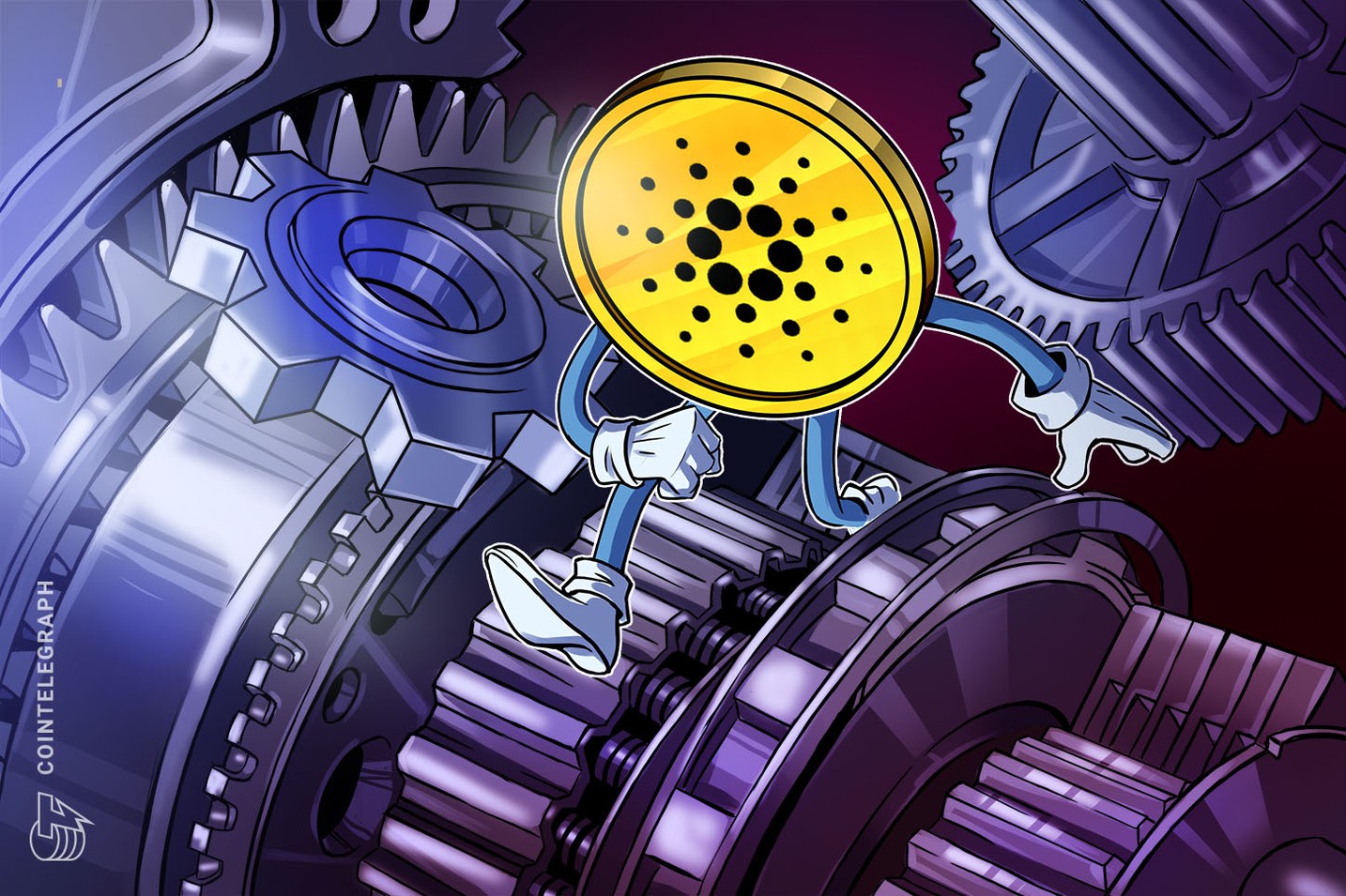
Cardano Faces Temporary Chain Disruption from Software Flaw, Yet ADA Remains Resilient
The Cardano blockchain experienced a transient chain disruption due to a software error, raising concerns about transaction security and the response from staking pool operators.
The Cardano blockchain encountered a temporary split in its chain last Friday, instigated by an outdated software bug that was triggered by an abnormal delegation transaction involving ADA transactions to a staking pool. Although these transactions are accepted at the protocol level, they can lead to software errors that disrupt network performance.
This issue arose due to a malformed transaction that took advantage of an existing code flaw in the Cardano blockchain’s foundational software library, causing a network partition as nodes disagreed on processing the transaction. Staking pool operators were instructed to update their node software to resolve the problem and restore the unified blockchain history.
However, the incident has sparked concerns about orphaned transactions and the risk of double-spending, potentially inflicting financial harm on users.
The malfunction was linked to a staking pool operator known as Homer J, who utilized AI-generated code to execute the transaction and has since accepted responsibility for the network disruption.
This temporary chain split incited debate within the Cardano community, with some asserting that Homer J’s actions helped reveal critical software bugs, while others, including Charles Hoskinson, the founder of Cardano, labeled it an attack on the network.
Charles Hoskinson Reports FBI Involvement
According to Hoskinson, the FBI has been notified and is investigating the situation. In a video, he remarked:
“This kicked a hornet’s nest, and in many jurisdictions, this is a felony — a very serious one. It’s tampering with and damaging a digital network. Maybe it’s just fun and games for some, but it’s quite serious.”
Such disruptions in the network typically represent significant events for blockchain protocols, usually resulting in adverse effects on the value of their native tokens. However, despite the incident, ADA saw only a slight decline in price from $0.44 to around $0.40 following the event.
The minor price drop coincided with a broader downturn in the cryptocurrency market, which began earlier in October after a historic flash crash led to considerable liquidation across the sector.
One user remarked:
“No one noticed Cardano’s network partition, because nobody uses it.”
Related: 5-year Cardano hodler loses 90% of $6.9M ADA in bungled swap
Magazine: Charles Hoskinson, Cardano and Ethereum – for the record


